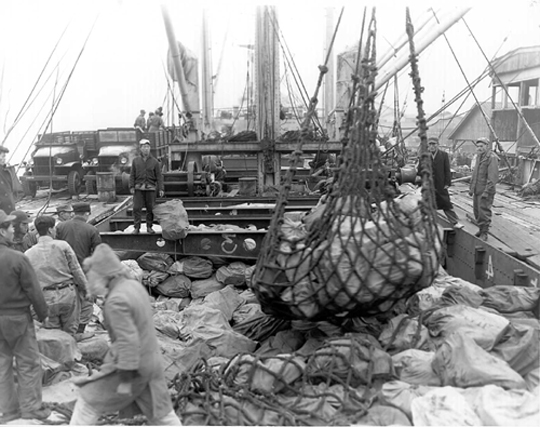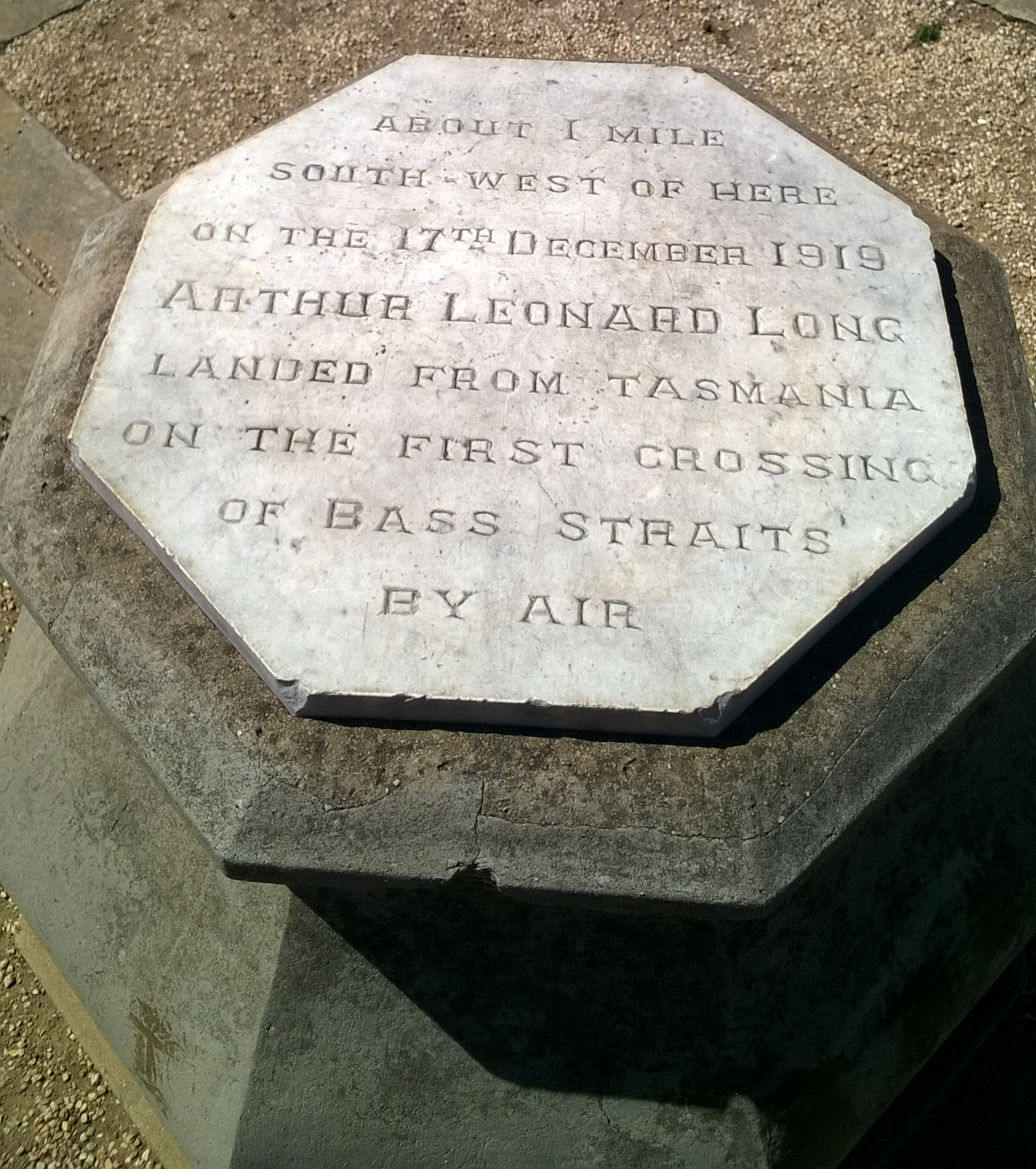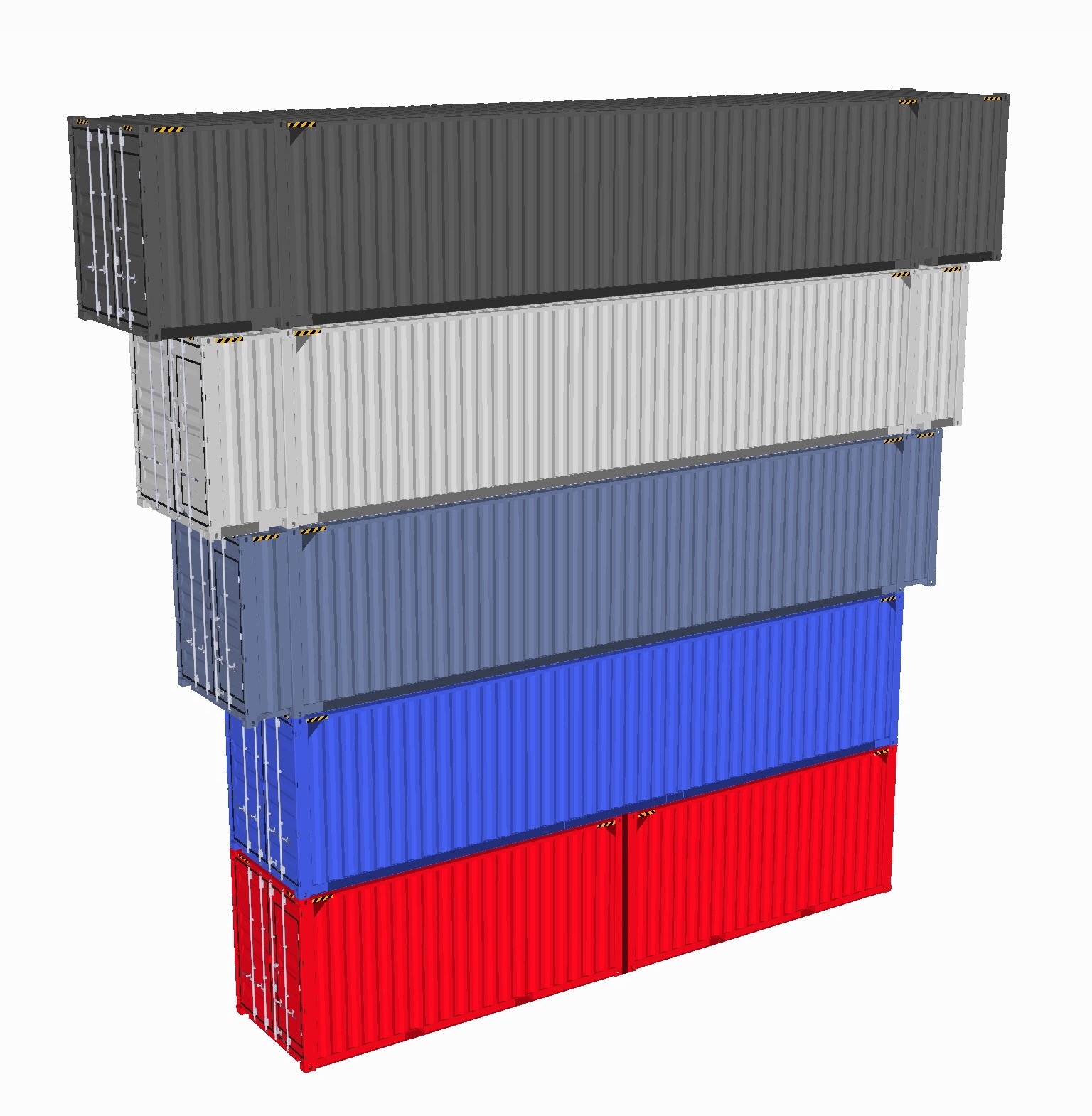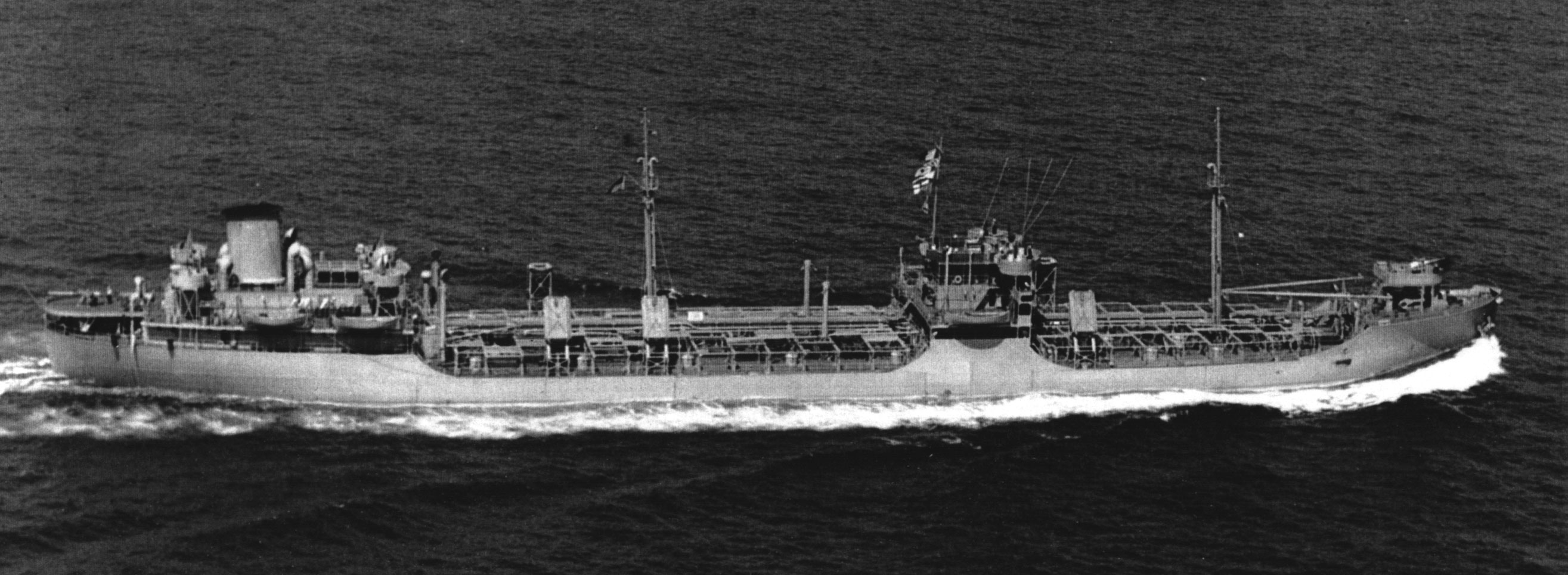|
MV Tasmanian Achiever II
The ''Tasmanian Achiever II'' is a cargo ship owned by Toll Shipping in Australia. It is primarily used on Bass Strait between Melbourne and Burnie Burnie is a port city on the north-west coast of Tasmania, Australia. When founded in 1827, it was named Emu Bay, being renamed after William Burnie, a director of the Van Diemen's Land Company, in the early 1840s. , Burnie had an urban popul .... It replaced the ''Tasmanian Achiever''. Along with its sister ship '' Victorian Reliance II'', it was the largest cargo ship registered in Australia when introduced in March 2019. References Container ships Ro-ro ships Ships built in Nanjing Toll Group 2018 ships {{Merchantship-stub ... [...More Info...] [...Related Items...] OR: [Wikipedia] [Google] [Baidu] |
Burnie
Burnie is a port city on the north-west coast of Tasmania, Australia. When founded in 1827, it was named Emu Bay, being renamed after William Burnie, a director of the Van Diemen's Land Company, in the early 1840s. , Burnie had an urban population of 19,550. Burnie is governed by the City of Burnie local government area. Economy The key industries are heavy manufacturing, forestry and farming. The Burnie port along with the forestry industry provides the main source of revenue for the city. Burnie was the main port for the west coast mines after the opening of the Emu Bay Railway in 1897. Most industry in Burnie was based around the railway and the port that served it. After the handover of the Surrey Hills and Hampshire Hills lots, the agriculture industry was largely replaced by forestry. The influence of forestry had a major role on Burnie's development in the 1900s with the founding of the pulp and paper mill by Associated Pulp and Paper Mills in 1938 and the woodchip t ... [...More Info...] [...Related Items...] OR: [Wikipedia] [Google] [Baidu] |
Roll-on/roll-off
Roll-on/roll-off (RORO or ro-ro) ships are cargo ships designed to carry wheeled cargo, such as cars, motorcycles, trucks, semi-trailer trucks, buses, trailers, and railroad cars, that are driven on and off the ship on their own wheels or using a platform vehicle, such as a self-propelled modular transporter. This is in contrast to lift-on/lift-off (LoLo) vessels, which use a crane to load and unload cargo. RORO vessels have either built-in or shore-based ramps or ferry slips that allow the cargo to be efficiently rolled on and off the vessel when in port. While smaller ferries that operate across rivers and other short distances often have built-in ramps, the term RORO is generally reserved for large oceangoing vessels. The ramps and doors may be located in the stern, bow, or sides, or any combination thereof. Description Types of RORO vessels include ferries, cruiseferries, cargo ships, barges, and RoRo service for air deliveries. New automobiles that are transported by ... [...More Info...] [...Related Items...] OR: [Wikipedia] [Google] [Baidu] |
Ro-ro Ships
Roll-on/roll-off (RORO or ro-ro) ships are cargo ships designed to carry wheeled cargo, such as cars, motorcycles, trucks, semi-trailer trucks, buses, Trailer (vehicle), trailers, and railroad cars, that are driven on and off the ship on their own wheels or using a platform vehicle, such as a self-propelled modular transporter. This is in contrast to lift-on/lift-off (LoLo) vessels, which use a crane (machine), crane to load and unload cargo. RORO vessels have either built-in or shore-based Linkspan, ramps or ferry slips that allow the cargo to be efficiently rolled on and off the vessel when in port. While smaller ferries that operate across rivers and other short distances often have built-in ramps, the term RORO is generally reserved for large oceangoing vessels. The ramps and doors may be located in the stern, Bow (ship), bow, or sides, or any combination thereof. Description Types of RORO vessels include ferry, ferries, cruiseferry, cruiseferries, cargo ships, barges, an ... [...More Info...] [...Related Items...] OR: [Wikipedia] [Google] [Baidu] |
Container Ships
A container ship (also called boxship or spelled containership) is a cargo ship that carries all of its load in truck-size intermodal containers, in a technique called containerization. Container ships are a common means of commercial intermodal freight transport and now carry most seagoing non-bulk cargo. Container ship capacity is measured in twenty-foot equivalent units (TEU). Typical loads are a mix of 20-foot (1-TEU) and 40-foot (2-TEU) ISO-standard containers, with the latter predominant. Today, about 90% of non-bulk cargo worldwide is transported by container ships, and the largest modern container ships can carry up to 24,000 TEU (e.g., '' Ever Ace''). Container ships now rival crude oil tankers and bulk carriers as the largest commercial seaborne vessels. History There are two main types of dry cargo: bulk cargo and break bulk cargo. Bulk cargoes, like grain or coal, are transported unpackaged in the hull of the ship, generally in large volume. Break-bulk car ... [...More Info...] [...Related Items...] OR: [Wikipedia] [Google] [Baidu] |
Victorian Reliance II
The ''Victorian Reliance II'' is a cargo ship owned by Toll Shipping in Australia. It is primarily used on Bass Strait services between Melbourne and Burnie. It replaced the ''Victorian Reliance''. Along with its sister ship ''Tasmanian Achiever II The ''Tasmanian Achiever II'' is a cargo ship owned by Toll Shipping in Australia. It is primarily used on Bass Strait between Melbourne and Burnie Burnie is a port city on the north-west coast of Tasmania, Australia. When founded in 1827 ...'', it was the largest cargo ship registered in Australia when introduced in March 2019. Toll Group 18 December 2018 References External links [...More Info...] [...Related Items...] OR: [Wikipedia] [Google] [Baidu] |
Jolly Express
The ''Jolly Express'' is a cargo ship operated by Messina Line between Tunis, Naples and Genoa. It was previously operated by Toll Shipping and Brambles Shipping in Australia as the ''Tasmanian Achiever''. History The ''Jolly Express'' was built by Samsung Heavy Industries as the ''Tasmanian Achiever'' for Brambles Shipping for use on Bass Strait services between Melbourne and Burnie, along with sister ship ''Victorian Reliance''. The ship was acquired by Toll Shipping with the Brambles shipping business in 2002. It was extended by 32 metres to 184 metres in Singapore in 2004. When CMA CGM, parent company of Australian National Line, withdrew the ''Bass Trader'' from the Melbourne to Bell Bay route in 2009, it entered into a joint venture to transfer cargo to the Toll ships. As such it carried both Toll and ANL logos. In March 2019 it was replaced by the larger ''Tasmanian Achiever II''. It was sold to Messina Line, renamed ''Jolly Express'' and began operating on the Med ... [...More Info...] [...Related Items...] OR: [Wikipedia] [Google] [Baidu] |
Bass Strait
Bass Strait () is a strait separating the island state of Tasmania from the Australian mainland (more specifically the coast of Victoria, with the exception of the land border across Boundary Islet). The strait provides the most direct waterway between the Great Australian Bight and the Tasman Sea, and is also the only maritime route into the economically prominent Port Phillip Bay. Formed 8,000 years ago by rising sea levels at the end of the last glacial period, the strait was named after English explorer and physician George Bass (1771-1803) by European colonists. Extent The International Hydrographic Organization defines the limits of Bass Strait as follows: :''On the west.'' The eastern limit of the Great Australian Bight eing a line from Cape Otway, Australia, to King Island (Tasmania)">King Island and thence to Cape Grim, the northwest extreme of Tasmania]. :''On the east.'' The western limit of the Tasman Sea between Gabo Island and Eddystone Point eing a line fr ... [...More Info...] [...Related Items...] OR: [Wikipedia] [Google] [Baidu] |
Australia
Australia, officially the Commonwealth of Australia, is a Sovereign state, sovereign country comprising the mainland of the Australia (continent), Australian continent, the island of Tasmania, and numerous List of islands of Australia, smaller islands. With an area of , Australia is the largest country by area in Oceania and the world's List of countries and dependencies by area, sixth-largest country. Australia is the oldest, flattest, and driest inhabited continent, with the least fertile soils. It is a Megadiverse countries, megadiverse country, and its size gives it a wide variety of landscapes and climates, with Deserts of Australia, deserts in the centre, tropical Forests of Australia, rainforests in the north-east, and List of mountains in Australia, mountain ranges in the south-east. The ancestors of Aboriginal Australians began arriving from south east Asia approximately Early human migrations#Nearby Oceania, 65,000 years ago, during the Last Glacial Period, last i ... [...More Info...] [...Related Items...] OR: [Wikipedia] [Google] [Baidu] |
Twenty-foot Equivalent Unit
The twenty-foot equivalent unit (abbreviated TEU or teu) is an inexact unit of cargo capacity, often used for container ships and container ports.Rowlett, 2004. It is based on the volume of a intermodal container, a standard-sized metal box which can be easily transferred between different modes of transportation, such as ships, trains, and trucks. The container is defined by its length, although the height is not standardized and ranges between and , with the most common height being . It is common to designate a container as 2 TEU, rather than 2.25 TEU. Forty-foot equivalent unit The standard intermodal container is designated as twenty feet long (6.1m) and wide. Additionally there is a standard container with the same width but a doubled length of forty feet called a 40-foot (12.2m) container, which equals one forty-foot equivalent unit (often FEU or feu) in cargo transportation (considered to be two TEU, see below). In order to allow stacking of these types a forty-fo ... [...More Info...] [...Related Items...] OR: [Wikipedia] [Google] [Baidu] |
Container Ship
A container ship (also called boxship or spelled containership) is a cargo ship that carries all of its load in truck-size intermodal containers, in a technique called containerization. Container ships are a common means of commercial intermodal freight transport and now carry most seagoing non-bulk cargo. Container ship capacity is measured in twenty-foot equivalent units (TEU). Typical loads are a mix of 20-foot (1-TEU) and 40-foot (2-TEU) ISO-standard containers, with the latter predominant. Today, about 90% of non-bulk cargo worldwide is transported by container ships, and the largest modern container ships can carry up to 24,000 TEU (e.g., '' Ever Ace''). Container ships now rival crude oil tankers and bulk carriers as the largest commercial seaborne vessels. History There are two main types of dry cargo: bulk cargo and break bulk cargo. Bulk cargoes, like grain or coal, are transported unpackaged in the hull of the ship, generally in large volume. Break-bulk car ... [...More Info...] [...Related Items...] OR: [Wikipedia] [Google] [Baidu] |
Toll Group
The Toll Group is an Australian-based subsidiary of Japan Post Holdings with operations in transportation, warehousing and logistics in road, rail, sea and air. It has two divisions; Global Forwarding, Global Logistics. History In 1888, Albert Toll began a horse-and-cart coal hauling business in Newcastle. The Toll business was purchased by National Minerals in 1959. In 1962 it was purchased by mining conglomerate Peko-Wallsend. Under Peko-Wallsend, which used Toll for all its transport activities, Toll developed into a national carrier. In 1969 it merged with HH Chadwick to form Toll-Chadwick, and its new owners sought to integrate its businesses and expand into containerised shipping.History Toll Group After being rebranded Toll Transport in 1985, the next year it was sold in a |
Call Sign
In broadcasting and radio communications, a call sign (also known as a call name or call letters—and historically as a call signal—or abbreviated as a call) is a unique identifier for a transmitter station. A call sign can be formally assigned by a government agency, informally adopted by individuals or organizations, or even cryptographically encoded to disguise a station's identity. The use of call signs as unique identifiers dates to the landline railroad telegraph system. Because there was only one telegraph line linking all railroad stations, there needed to be a way to address each one when sending a telegram. In order to save time, two-letter identifiers were adopted for this purpose. This pattern continued in radiotelegraph operation; radio companies initially assigned two-letter identifiers to coastal stations and stations onboard ships at sea. These were not globally unique, so a one-letter company identifier (for instance, 'M' and two letters as a Marconi station ... [...More Info...] [...Related Items...] OR: [Wikipedia] [Google] [Baidu] |





.jpg)
